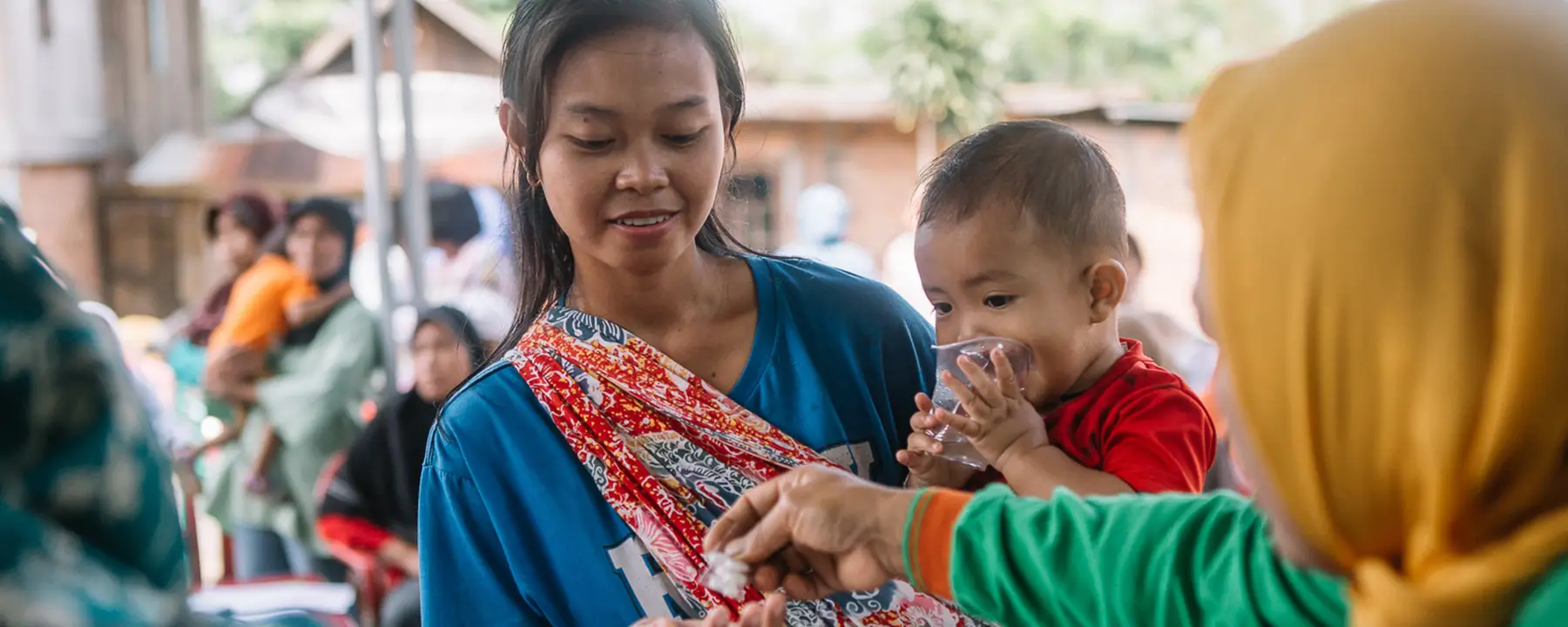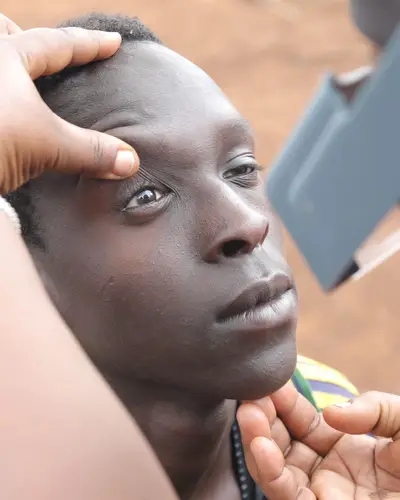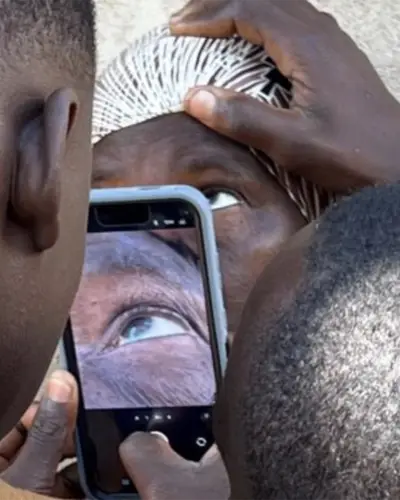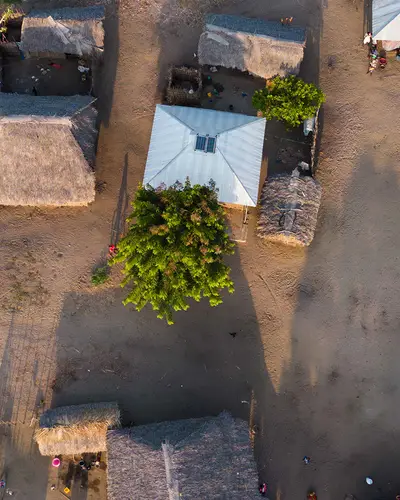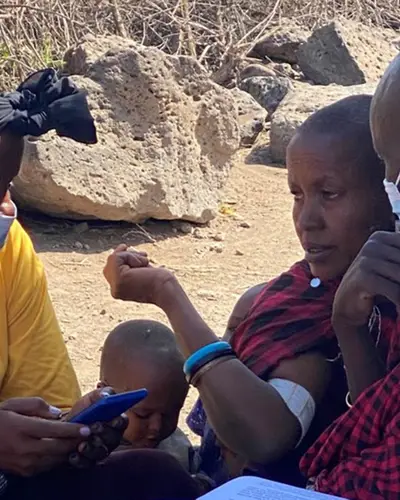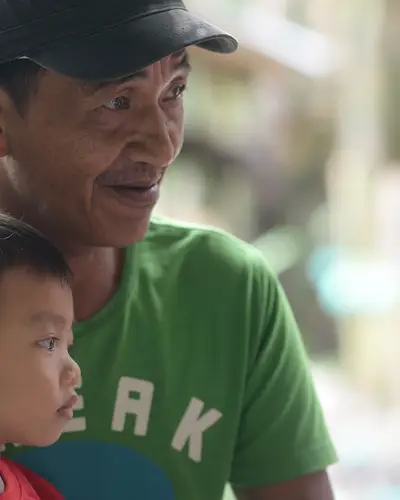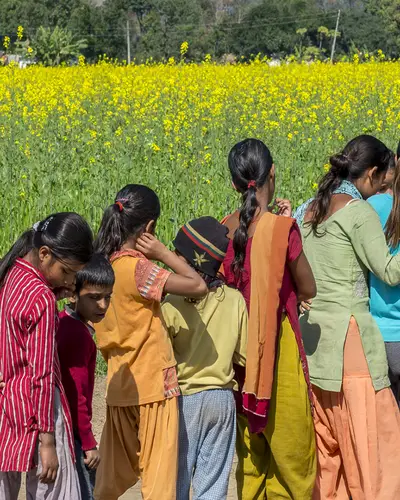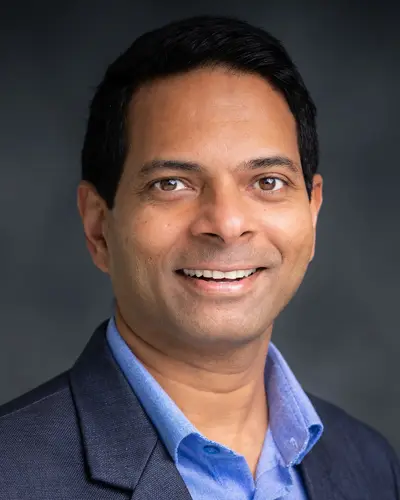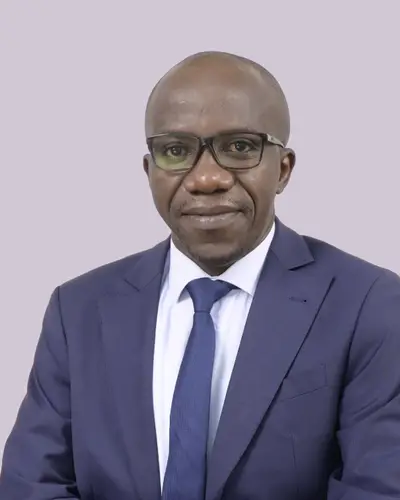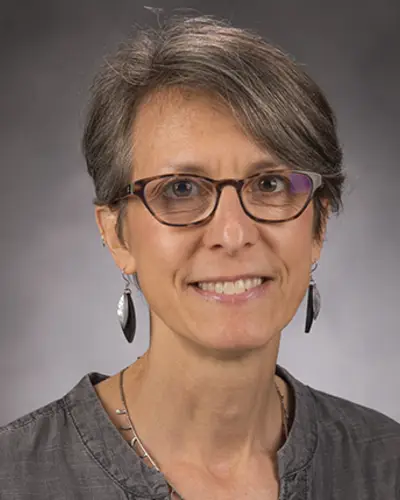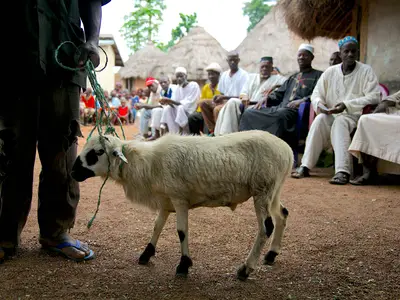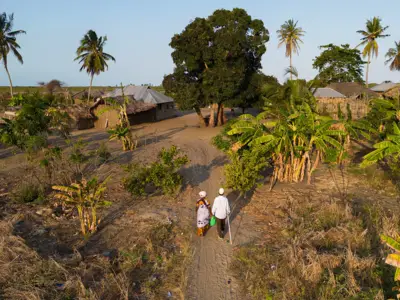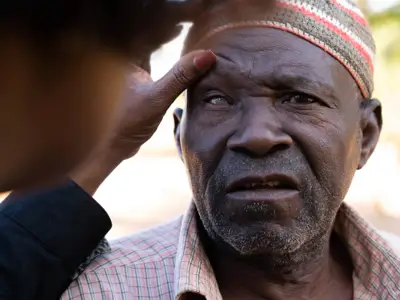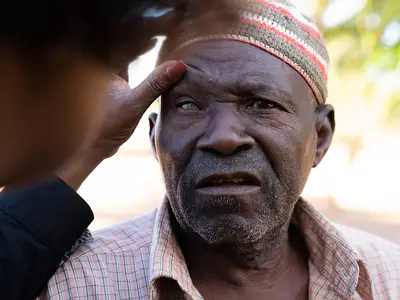Eliminating NTDs around the world
More than 1 billion people suffer from one or more neglected tropical diseases (NTDs). A diverse group of infectious diseases, NTDs cause severe disability and death among the world's poorest people. Thanks to powerful public-private partnerships, countries are eliminating NTDs and ensuring a healthier future for hundreds of millions of people.
For nearly two decades, we have supported governments to deliver successful, integrated, cost-effective, and sustainable programs to control and eliminate NTDs. We led the U.S. government’s global flagship NTD programs and have partnered with a variety of multilateral and private donors, including the Bill & Melinda Gates Foundation, Evidence Action, the END Fund, the Queen Elizabeth Diamond Jubilee Trust, the Children’s Investment Fund Foundation, and the U.K. Department for International Development. Through these efforts, we have reached more than 65 countries with training, technical support, and resources to improve the impact and effectiveness of NTD programs. RTI has been proud to support 11 countries to achieve elimination of at least one NTD.
The programs we implement play a critical role in reducing the burden of NTDs so they are no longer a public health problem. As countries move closer to their NTD elimination goals, we are dedicated to building strong national health systems to ensure that progress is sustainable. From technical assistance on policy and governance, and human resources, to support for domestic resource mobilization, we are working hand-in-hand with governments to integrate NTD priorities into routine planning, financing, service delivery, and monitoring.
Through our own internally funded research, we are identifying critical knowledge gaps and piloting innovative approaches to accelerate progress toward NTD elimination.
By the Numbers
> 0 countries
supported to date
0 billion
treatments provided
0 million
no longer at risk for lymphatic filariasis
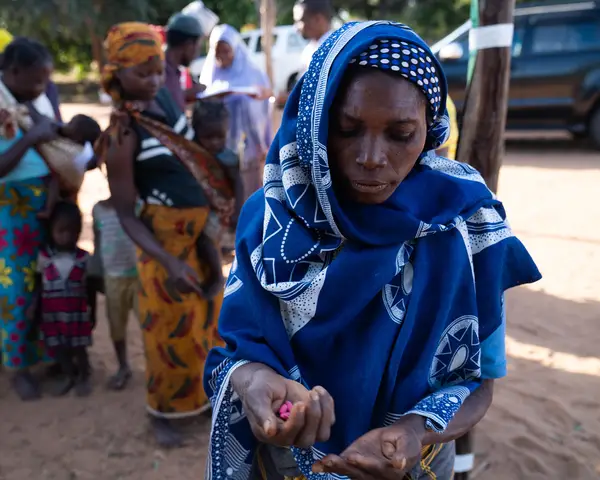
Our Approach
- We support governments to deliver proven high-coverage mass drug administration and track progress toward eliminating NTDs
- We innovate by designing resources that help improve NTD program implementation and respond to countries’ needs
- We strengthen health systems, providing strategic planning, supply chain, and health financing support, as well as training and tools on best practices
- We influence global policy and research agendas by identifying knowledge gaps and elevating lessons learned to global forums
